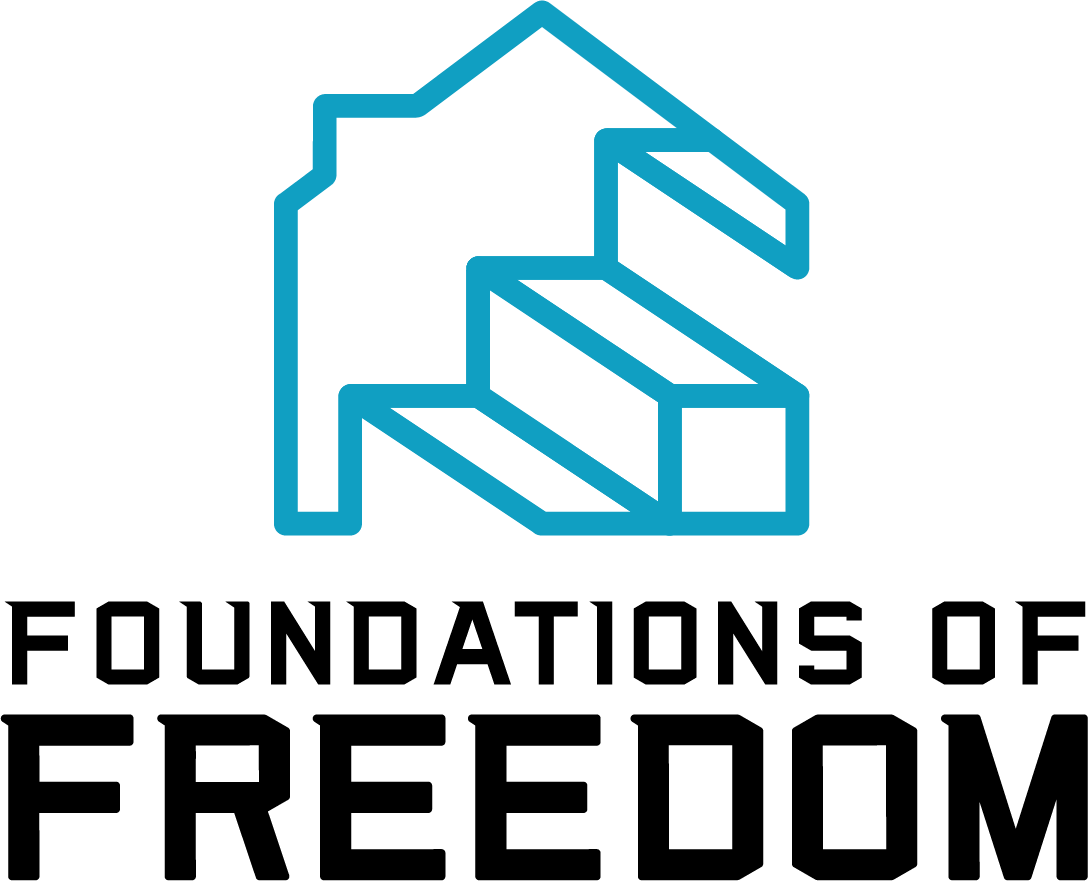A Guide to Addressing a Loved One's Addiction
As a sober house dedicated to fostering recovery and supporting individuals on their sober journeys, we understand that addiction is a challenging issue that can affect not only the individual but their loved ones as well. If you suspect that someone you care about is struggling with drug or alcohol addiction, it's important to approach the situation with empathy, understanding, and a desire to help. In this blog post, we offer insights and guidance on how to navigate this sensitive matter.
Observe and Educate Yourself:
Before taking any steps, it's important to educate yourself about the signs and symptoms of addiction. Observe the person's behavior, physical appearance, and any changes in their routine. While certain signs may be subtle, consistent patterns of isolation, mood swings, changes in personal hygiene, and neglecting responsibilities could be indicators of a potential addiction.
Choose the Right Time and Place:
Approaching your loved one about their possible addiction requires a safe and supportive environment. Choose a time when both of you can talk without distractions or time constraints. Your intention is to express concern and offer help, not to confront or accuse.
Express Concern with Compassion:
When addressing your concerns, use "I" statements to communicate how their behavior has affected you emotionally. Express your worries about their well-being and emphasize that your intention is to support and help them. Avoid blaming or judging, as this can lead to defensiveness and resistance.
Offer a Listening Ear:
Give your loved one the space to share their thoughts and feelings. Often, individuals struggling with addiction might feel isolated or misunderstood. Listen without interrupting or passing judgment. Your willingness to understand their perspective can help create a more open and trusting conversation.
Suggest Professional Help:
While your support is important, addiction is a complex issue that often requires professional intervention. Gently suggest that seeking help from addiction specialists, therapists, or medical professionals can provide them with the guidance and tools needed for recovery. Offer to help research treatment options and accompany them to appointments if they're open to it.
Avoid Enabling:
It's natural to want to help, but enabling behaviors can inadvertently worsen the situation. Avoid providing financial support that could be used for substances, and set healthy boundaries to protect your own well-being. Enabling can prolong the cycle of addiction by preventing the individual from experiencing the consequences of their actions.
Seek Support for Yourself:
Supporting a loved one with addiction can be emotionally taxing. Reach out to support groups or therapists who specialize in addiction counseling. Taking care of your own mental and emotional well-being will enable you to better help your loved one.
Addressing a loved one's addiction is undoubtedly a difficult and emotional journey, but it's a journey worth undertaking. As a sober house, we encourage open communication, empathy, and a commitment to seeking professional help. Remember that your role is to be a source of support and encouragement, guiding your loved one toward a path of recovery. While you can't control their choices, you can offer them the resources and care they need to embark on the journey to a healthier and happier life.
